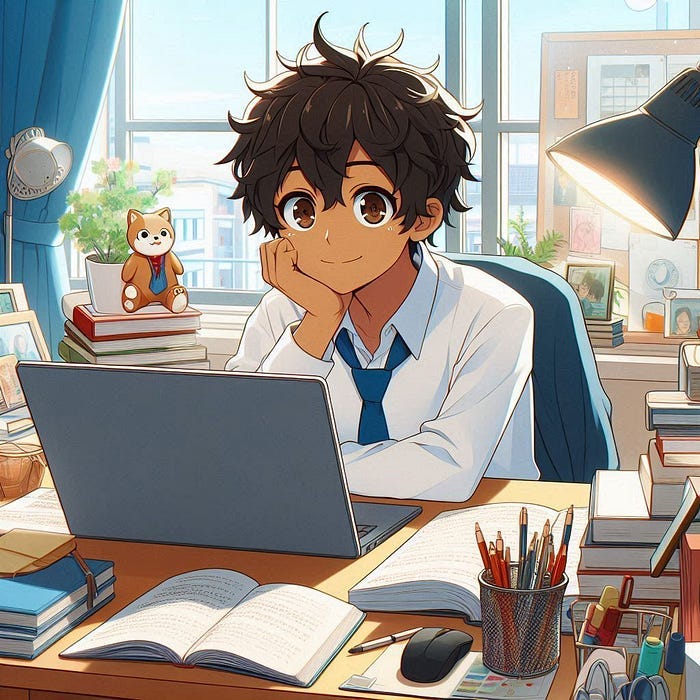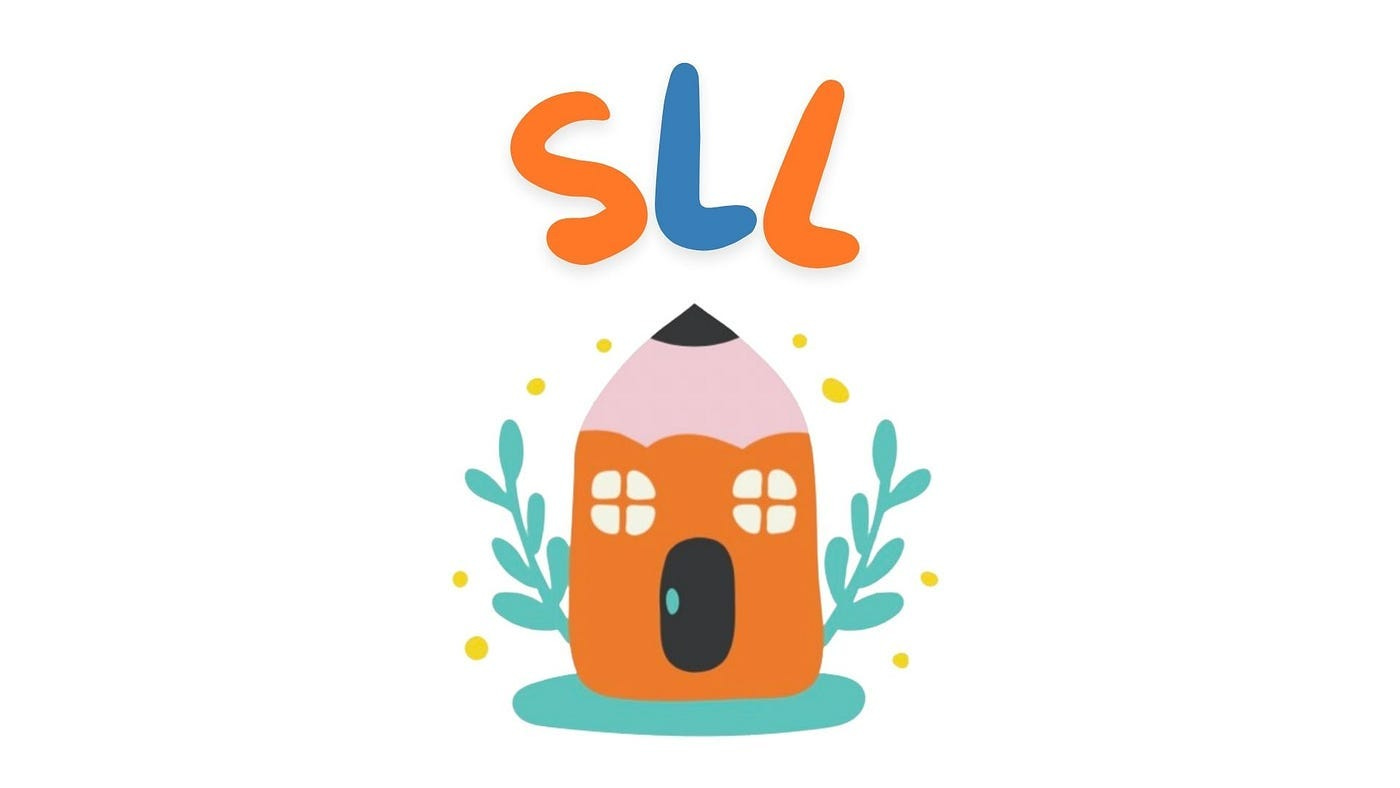How I Learn Anything For Free In 3 Steps (And How You Can Too)
Become a super (effective) learner
In a later post, I shared why you should reconsider paying for courses.
I propose a better strategy: invest time in effective learning instead of money.
Over the years, I have realized that effective learning (or learning how to learn) is not magic. It is science. As a student from Latin America with no money or cards to pay in another currency, I have designed a system that allows me to learn anything I want.
And for free.
This is my step-by-step system.
Chapter 1: Learning How To Learn
Hello super learners. Thank you so much for being a paid subscriber. Your support motivates me to create more content.
1. Learning How To Learn A Topic
In other words, meta-learning.
My first reflex when thinking about learning a new topic is to ask:
What I want to learn?
Why I want to learn that?
How I can learn that?
Answering these helps me visualize how knowledge is structured.
Plus, I can determine whether I am really motivated to learn that. For example, I learned programming and machine learning because I would need them in the future as a researcher.
However, learning Japanese only to understand Anime has a big chance of failing.
Once you understand your needs and motivations, go to the next step.
2. How To Learn? Finding the Right Resources
This is the most crucial step if you want to learn for free.
Many will pay for a course and watch. I want you to reconsider. We often believe that paying is equal to better quality. This is not necessarily true. There are great free resources available.
These are my favorite platforms to find top-quality and free resources to learn:
EdX.
Books.
Example
Let’s say you want to learn machine learning.
For this, you need:
Python.
Math.
Machine Learning.
Then, your next step is to find free resources.
I encourage you to google your topic of interest on Coursera or YouTube (links above). For example, you can type “Math machine learning” on Coursera or “Math machine learning MIT” on YouTube.
Almost all the resources you will find will be free.
Pro tip 1: Read Books and Articles
Books are one of the best resources to learn.
There are many free and digital books on programming, for example. Personally, I google “topic of interest + free book,” and most of the time, I get some recommendations.
Another prop tip is to read Medium articles or blogs from professionals.
This improved my programming skills a lot.
For example, if I wanted to understand how a specific algorithm works, I would read a Medium article explaining it in detail. This is how I learned how to implement statistics in my research.
The same applies to YouTube videos.
Pro tip 2: Google University Curriculums
You don’t have any idea of how to learn your topic of interest?
No worries. Universities already solved that problem. They created the best curriculums possible to learn something from 0. This information is typically found on every university or course website.
My favorite one is MIT OpenCourseWare.
You can also Google “learning topic + curriculum + your university.“
3. Studying
Rereading and highlighting are ineffective.
My favorite method of studying is learning by doing. For example, instead of repeatedly rewatching Python tutorials, why not sit down and code an interesting project?
Another method is retrieval.
Use flashcards. Close your notes and apply free recall. Don’t cheat. Do your best when retrieving information. The more you effortlessly retrieve, the better you will learn.
In the end, learning is about linking data to your long-term memory.
Below, there’s another article with 6 science-based study strategies.
Case examples:
If learning data analysis, find and analyze an interesting dataset (Kaggle is a good place to start) based on your needs.
If learning a new language, practice retrieval to learn vocabulary and verbs faster.
These Are The 6 Best Science-Based Study Strategies
In my last post, I showed you why highlighting and rereading are ineffective study strategies.
Summary
Understand your goals and motivation for your learning project. Is it worth it?
Once you get this, learn how to learn that. Find online resources, such as Coursera courses, YouTube, EdX, books, blogs, etc.
Use effective study strategies.
Ultra-learning saved my career.
It helped me learn anything without overstudying or overworking. But remember, each person has a different life. Perhaps you work full-time and also study. Or maybe you have a family, etc.
Be reasonable, and don’t fall into toxic productivity.
Here are some last recommendations:
Don’t compare yourself with others. Take your time.
This is not a competition. This is about you. Make it fun and healthy.
Please take care of yourself. That’s the most important thing!
Now it is your turn.
What are you going to learn next?
Until the next time,
Axel





